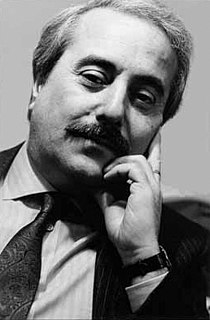A Quote by C. S. Lewis
They say, 'The coward dies many times'; so does the beloved. Didn't the eagle find a fresh liver to tear in Prometheus every time it dined?
Related Quotes
How many more times do we have to come to terms with death before we find safety?" he asked. He waited a few minutes, but the three of us didn't say anything. He continued: "Every time people come at us with the intention of killing us, I close my eyes and wait for death. Even though I am still alive, I feel like each time I accept death, part of me dies. Very soon I will completely die and all that will be left is my empty body walking with you. It will be quieter than I am.
Every decent man of our age must be a coward and a slave. That is his normal condition. Of that I am firmly persuaded. He is made and constructed to that very end. And not only at the present time owing to some casual circumstance, but always, at all times, a decent man is bound to be a coward and a slave.
LIVER, n. A large red organ thoughtfully provided by nature to be bilious with. The sentiments and emotions which every literary anatomist now knows to haunt the heart were anciently believed to infest the liver; and even Gascoygne, speaking of the emotional side of human nature, calls it "our hepaticall parte." It was at one time considered the seat of life; hence its name- liver, the thing we live with.





































